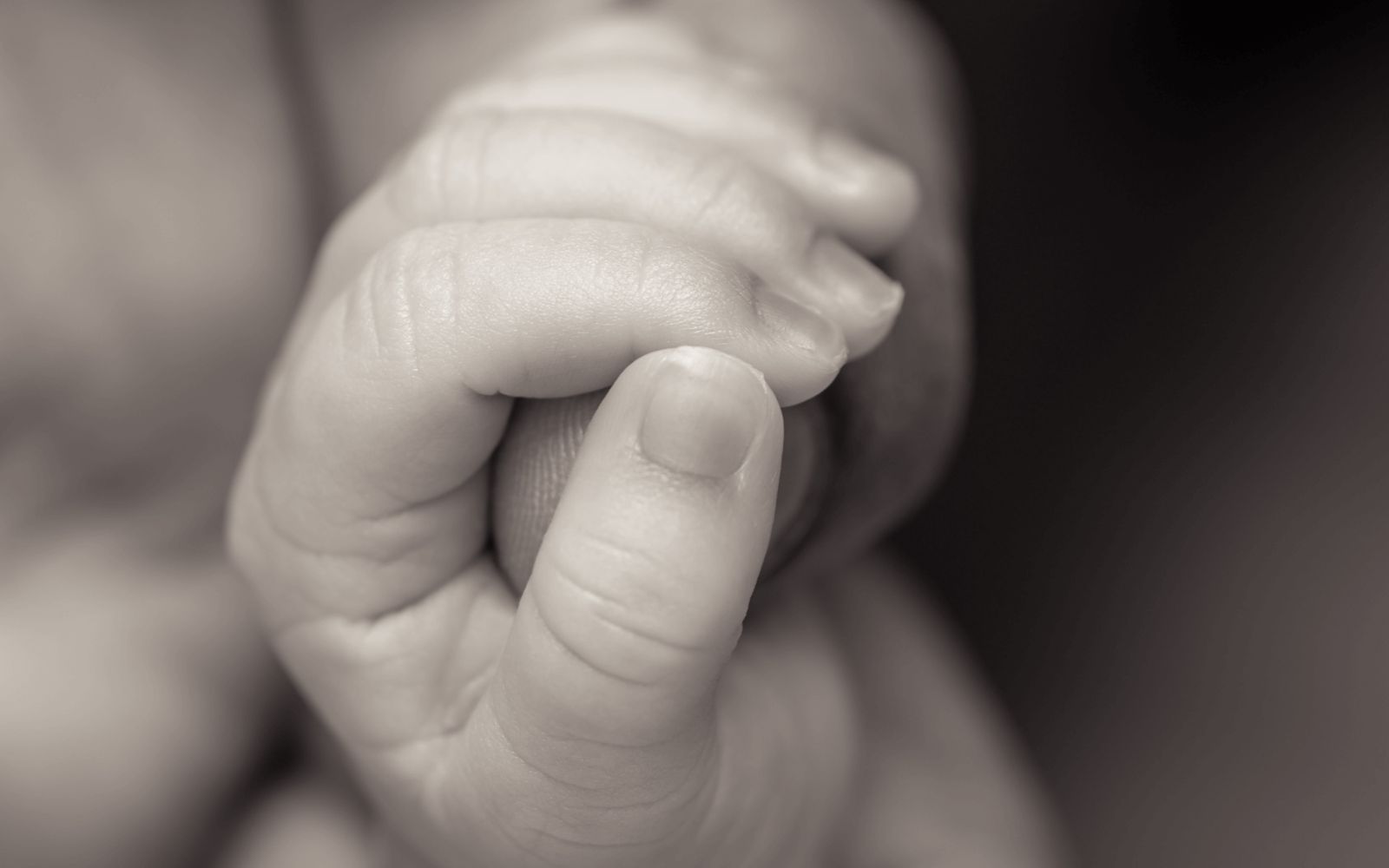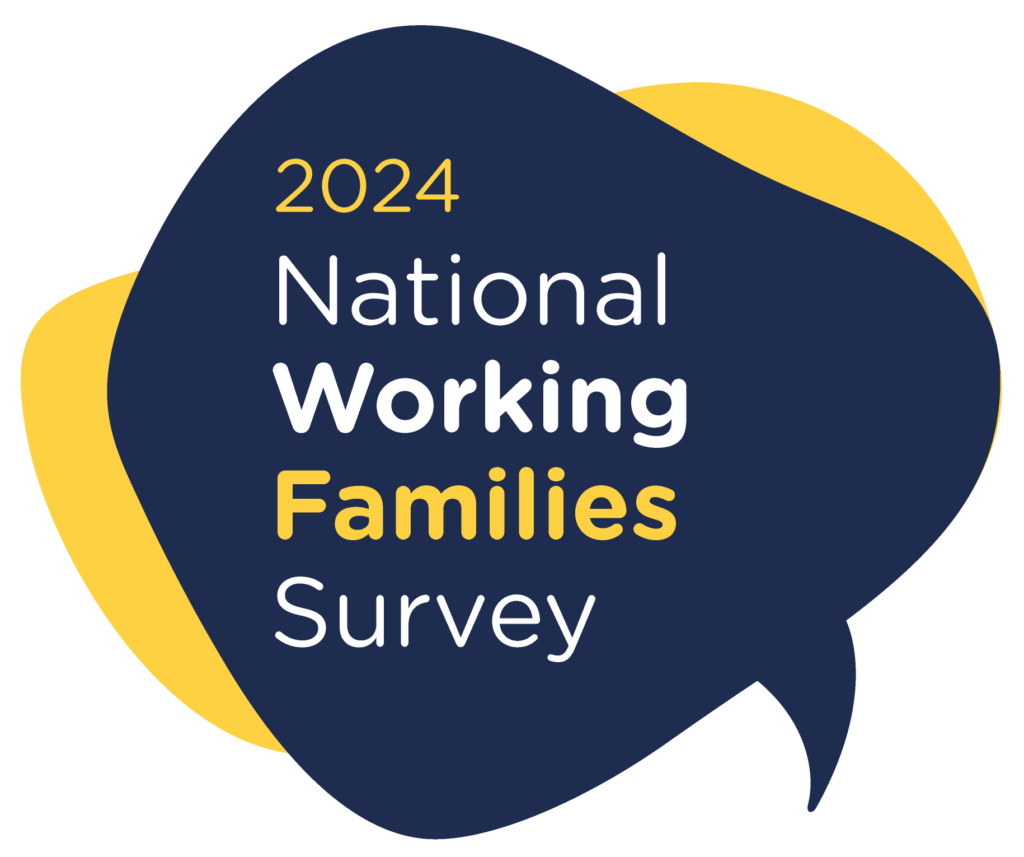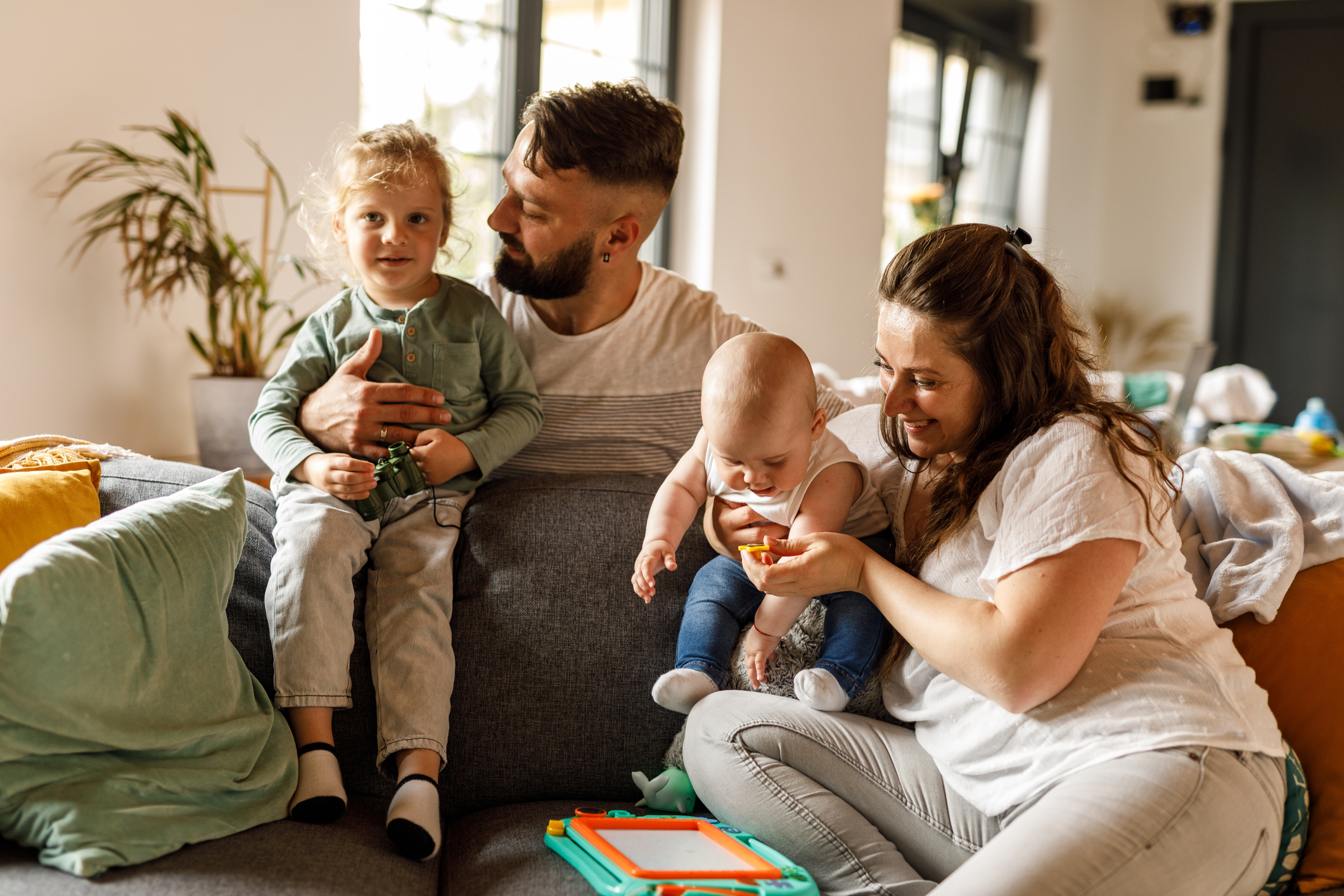“You are not alone”.
I’m sure you’ve heard this phrase before in response to a painful life event. Since my baby son, Xavier, died I have heard this quite a lot. And it’s true. I am certainly NOT alone.
Sadly, baby loss is far more common than people think. Every day in Australia, 6 babies are stillborn¹ and 2 babies die in the first 28 days of life². Added to this, 1 in 5 pregnancies end in miscarriage³.
Why then, do grieving parents sometimes feel like they are, in fact, alone? It’s because the rhetoric of, ‘this happens to many people’ does not bring comfort. Connection brings comfort! Connection is what actually helps people feel they are not alone. It’s the literal meaning of the word!
This is what International Pregnancy and Infant Loss Remembrance Day is all about – connection. Every year on 15th October a Wave of Light* crosses the Earth as candles are lit and landmarks are illuminated. It starts at 7pm in the first time zone, as candles and light-displays shine for at least an hour – moving across time zones at their respective 7pm’s to create a continuous wave of light all around the world.
This is such a beautiful representation of community. To me, it says this: You are fumbling around in your darkness of grief. The person before you, lights the way ahead. You can see a little better. You are lifted up. Now it’s your turn to light the way for the person who follows you – the person who is fumbling around in their darkness of grief. And so it goes on. And those outside the grief experience, who participate because they care? That says: ‘We see you. We hear your stories, and we stand with you in support’. They also help light the way forward.
My son, Xavier, was stillborn in January 2015. I went to work on a Friday morning, concerned as I couldn’t feel him moving in my belly. My manager encouraged me to see my GP just next door. I thanked her for letting me pop out of work ‘briefly’. Or so we both thought. That ‘brief’ checkup turned into a hospital visit, which turned into the announcement that our baby had died. The following day came his birth, then his funeral, and a 5 month leave of absence from work. I resigned from my social work position, and my workplace gave me the opportunity to return in a completely different role.
I was lucky. My workplace didn’t just follow standard protocol. They actually ended up playing a huge part in my healing. They held up a light, which shone brightly enough to reveal a pathway forward. A path that acknowledged my grief and ongoing love for my son. A path that showed I could start a new life, a meaningful life, as I carried my experience with me. It was incredible what they did for me. But to make it work, I had to actively participate. They showed me the path- I had to stand up and walk. I had to engage in the hard conversations about my return to work, and inform the support I needed. I couldn’t sit back and expect people to intuitively predict my needs.
I believe my experience at work was unique. Mostly, western society isn’t well versed in grief (yet). So it may seem unfair, but often the burden of responsibility lies with the bereaved parent, to provide grief education to those around them – including their employer and colleagues.
Many people are scared to bring up the subject of your baby loss experience for fear of upsetting you or saying the wrong thing. So if you feel able to take the lead around these conversations, here are some practical things you can consider to get support from your workplace:
- How do you want to communicate (if at all) to colleagues, about your baby loss experience? e.g., by email or staff meeting? Do you want communication to come from your employer or from you directly?
- How much leave do you need and how can this be negotiated collaboratively with your employer?
- What support do you need to successfully re-engage in the workplace? Can you negotiate a phased return i.e., start with part-time and build up to your usual hours?
- Would you like regular check-ins to discuss your wellbeing and progress over time?
- What structures can be put in place for difficult or ‘grief-heavy’ days? How can this be communicated to your employer in a simple way?
Ultimately, maintaining open lines of constructive communication can help you feel supported in the workplace in a way that balances your needs with your employer’s.
I’m not suggesting this is simple, or that having these conversations will always bring positive outcomes. Humans are messy and complex – as is the baby loss experience. So there is a lot of room for misunderstanding and mistakes (hopefully unintentional).
I do believe support for grieving parents can be learned, though. And with the rates of baby loss in our country, I believe it’s a priority! As I’ve had many candles lit for me, I decided it was time to light my own candle for others. This has come in the form of The Baby Loss Project.
The Baby Loss Project is an online professional development training that upskills employers to respond proactively to pregnancy loss, stillbirth and infant death. It helps inform decisions about HR Policy around baby loss, and provides basic grief education for employers, so they have the skills to respond compassionately and productively.
Along with the depth of knowledge that comes from my personal experience, I also happen to be a social worker, trained in grief and loss. So I have used this combined experience to facilitate the training. There is also great learnings from experts in- HR/people management, baby loss, research, health, including Aboriginal health and wellbeing, and stories/advice from bereaved parents in the workplace.
If you’d like to do something this year for Pregnancy and Infant Loss Remembrance Day, try sharing The Baby Loss Project with your employer. This is how we shift the whole conversation around baby loss; and light that candle for those who’ll sadly come after us.
You can learn more about The Baby Loss Project and Ann-Marie Imrie (pictured right) here.

Further Resources:
Stillbirth Foundation Australia Website


